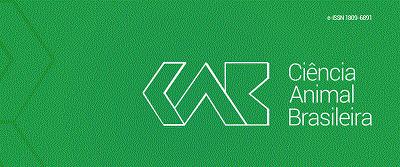Abstract
Hygiene failures in meat can be identified based on the evaluation of pathogenic microorganisms, which compromise the microbiological quality of food and can transmit food-borne diseases. The aim of the present study was to evaluate the hygienic quality of beef sold at supermarkets, butcher shops and public markets in the city of Campo Grande, state of Mato Grosso do Sul, Brazil, through the phenotypic and genotypic characterization of Salmonella spp. and Shiga toxin-producing Escherichia coli (STEC) as well as the investigation and quantification of Staphylococcus aureus. Seventy-one samples of beef from 17 commercial establishments were evaluated. Isolates were tested for antimicrobial susceptibility using the disk diffusion method recommended by the Clinical & Laboratory Standards Institute. Salmonella was found in 7.04% of the samples and 70.0% of the isolates were sensitive to the antimicrobials tested. A total of 25.35% of the samples were positive for Staphylococcus aureus, with counts ranging from 1.0 x 102 to 4.3 x 104 CFU/g; these isolates exhibited resistance to penicillin (87.5%), tetracycline (18.75%) and chloramphenicol (6.25%). None of the samples was positive for STEC. The detection of these pathogens in food poses a danger to public health, mainly due to the presence of antimicrobial-resistant isolates. These findings underscore the need for good hygiene and manufacturing practices at retail establishments.
Keywords:
antibiotic; retail trade; food pathogens; resistance.

 Thumbnail
Thumbnail
 Thumbnail
Thumbnail

